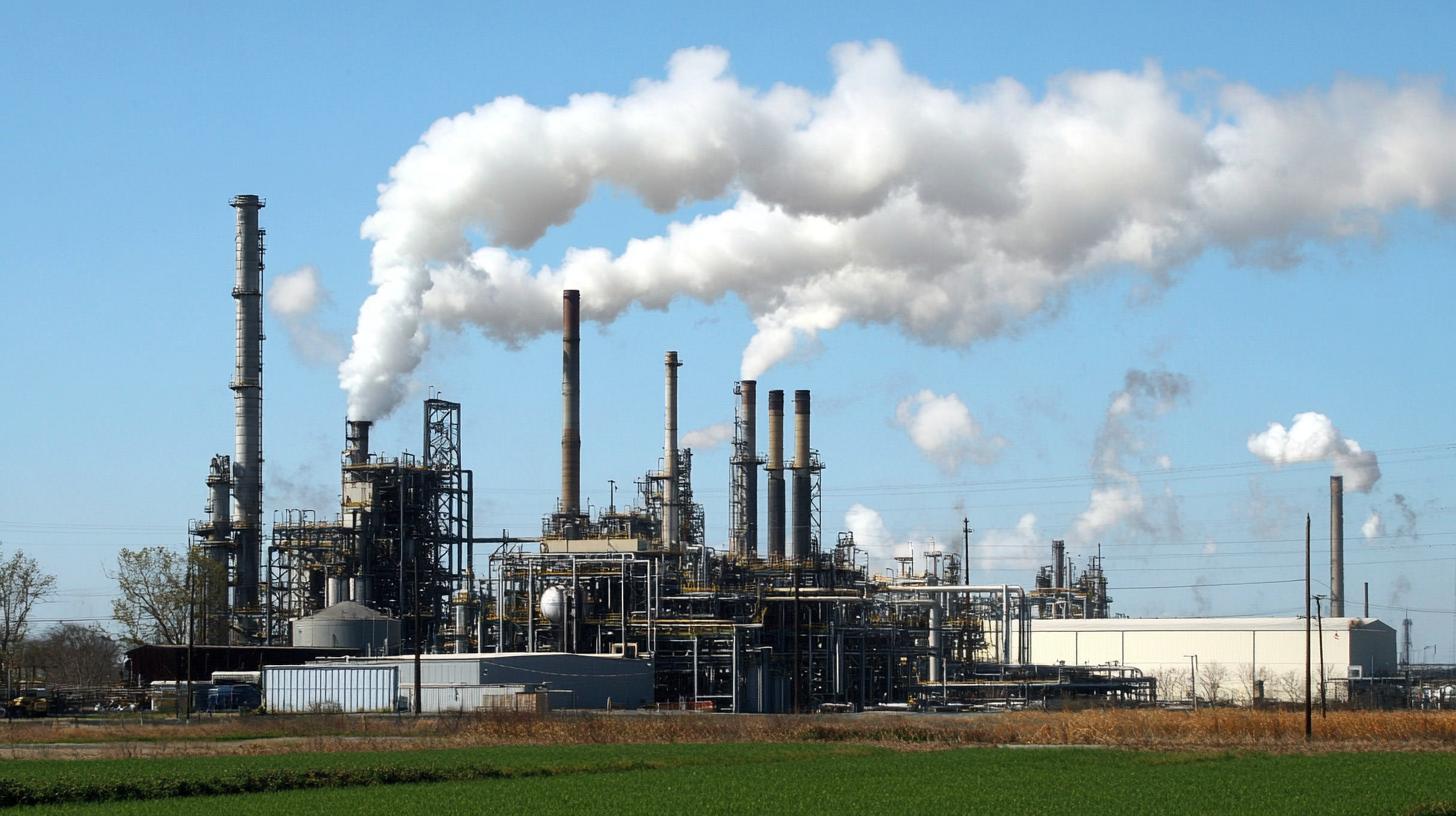The launch of new climate protection contracts marks a significant step forward in reducing carbon emissions across several industries, including glass, lead, bricks, adhesive tape, and forged steel production.
In a ceremony highlighting sustainable development efforts, the German Vice-Chancellor and Federal Minister for Economic Affairs and Climate Action formally presented a symbolic climate protection contract to a leading executive at Kimberley-Clark. Although this particular award did not involve hydrogen-based projects, it underscored the broader commitment to embracing innovative solutions in industrial production.
These contracts are poised to catalyze significant environmental benefits by encouraging companies to adopt greener technologies and practices. By targeting high-emission sectors, the initiative seeks to drastically cut down on greenhouse gases, aligning with broader national and international climate targets.
Kimberley-Clark, noted for its commitment to sustainability, received recognition for its forward-thinking approach. This company’s involvement exemplifies the proactive role that industrial leaders can play in transitioning towards a more sustainable future.
The overarching goal of these contracts is to inspire widespread adoption of low-emission strategies, ultimately transforming the industrial landscape. This collaborative effort between government and industry is vital in driving sustainable innovation and ensuring long-term environmental protection.
The introduction of climate protection contracts represents a pivotal moment in efforts to create a more sustainable and environmentally-friendly industrial sector. It demonstrates a clear commitment to reducing emissions and transitioning to cleaner production processes, setting a benchmark for future initiatives.
The Impact of Climate Protection Contracts on Industries and Communities
The unveiling of new climate protection contracts marks a transformative shift in various high-emission industries, catalyzing significant environmental and socio-economic impacts. This initiative, focusing on sectors like glass manufacturing, lead production, and steel forging, is a cornerstone in the global effort to curb carbon emissions and promote sustainable industrial practices.
Transformative Environmental Benefits
These contracts are designed to incentivize industries to adopt cleaner technologies and reduce their carbon footprint. By targeting some of the most polluting sectors, the initiative aims to substantially lower greenhouse gas emissions and advance national and global climate goals. The ripple effect of these contracts is profound, as they set a new standard for emissions reduction and environmental responsibility, encouraging other industries to follow suit.
A Leading Example: Kimberley-Clark
Kimberley-Clark’s receipt of a climate protection contract highlights the leadership role that forward-thinking companies can play in the sustainable transition. By integrating innovative solutions and sustainable practices, Kimberley-Clark exemplifies how businesses can align profitability with environmental stewardship. This move not only bolsters the company’s reputation but also paves the way for industry-wide changes towards greener operations.
Economic and Social Implications
Beyond environmental gains, these contracts have the potential to drive economic growth and job creation in green technology sectors. As companies invest in cleaner production methods, there is a growing demand for skilled labor and expertise in sustainable technologies. This transition could lead to the emergence of new markets and opportunities, fostering economic resilience and innovation.
Controversies and Challenges
Despite the positive outlook, the implementation of climate protection contracts is not without its challenges and controversies. Critics argue that the initial costs of adopting new technologies could be prohibitive for smaller companies, potentially leading to economic disparities. Furthermore, the effectiveness of these contracts in achieving long-term emissions reduction remains a subject of debate, with some experts calling for more robust monitoring and enforcement mechanisms.
A Collaborative Effort Towards Sustainability
The success of these contracts hinges on collaboration between governments, industries, and communities. By working together, these stakeholders can drive sustainable innovation and ensure the long-term success of emissions reduction strategies. The introduction of climate protection contracts not only represents a significant advancement in environmental policy but also serves as a catalyst for broader societal change.
In conclusion, climate protection contracts are a pivotal tool in the fight against climate change, offering a pathway to a more sustainable and environmentally-friendly industrial sector. Through proactive engagement and innovation, industries can contribute to a cleaner future, benefiting both ecosystems and human societies.
For further reading on related environmental initiatives, visit United Nations and International Energy Agency.














